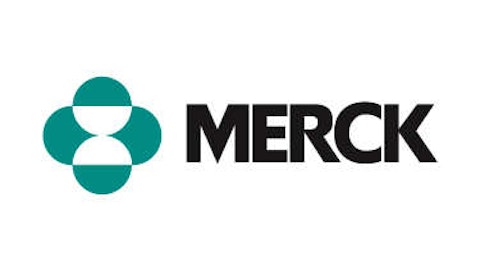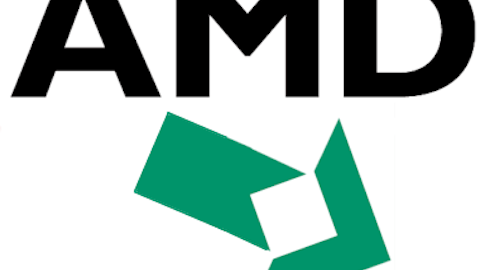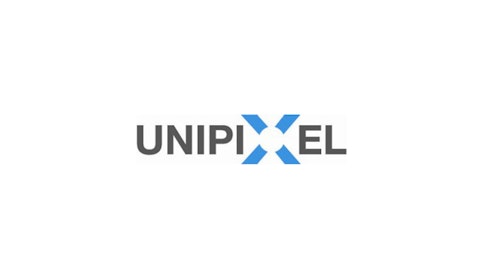Healthcare is bigger than just health care. That’s been my driving thought over the last couple of weeks as I have explored the pros and cons of why some companies that aren’t truly health care companies just might be smart health care investments. With this in mind, my latest focus is on whether buying Intel Corporation (NASDAQ:INTC) stock could make sense for investors looking to profit from the growth of health care. What’s the verdict? Let’s take a look.
The next space race
Eric Dishman, Intel fellow and general manager of the company’s Health Strategy & Solutions Group, says that building out a health care infrastructure to handle global aging is the “space race of the 21st century.” When asked why Intel Corporation (NASDAQ:INTC) is so heavily involved in health care, Dishman responded by pointing out how microprocessors have become part of the “fabric of our everyday lives.” Since health care is part of those everday lives, “Intel is in health care.”
Dishman isn’t kidding. Intel Corporation (NASDAQ:INTC) is in health care in a major way. Perhaps the most obvious example is the company’s Care Innovations joint venture with General Electric Company (NYSE:GE). General Electric Company (NYSE:GE) Healthcare and Intel Corporation (NASDAQ:INTC) teamed up in 2011 to develop home-based health technologies. General Electric Company (NYSE:GE) Healthcare contributed its Quiet Care remote passive activity and behavioral monitoring system for seniors to the venture, while Intel threw in its Intel Health Guide personal health and monitoring system.
Care Innovations also offers other products and services, including consulting to help senior living organizations deploy patient monitoring technology. The joint venture has seen some successes, particularly being named by Frost & Sullivan as its 2012 North American Competitive Strategy Leadership Award winner.
Intel Corporation (NASDAQ:INTC) joined forces in March with several other big companies — Dell Inc. (NASDAQ:DELL), Red Hat Inc (NYSE:RHT), VMware, Inc. (NYSE:VMW), and Epic Systems. The companies, going by the acronym DRIVE, operate a facility near Epic’s headquarters in Wisconsin that allows hospitals to test and deploy new software on Linux servers. Epic provides the software. Dell Inc. (NASDAQ:DELL) provides the servers — with Intel inside, of course. Those servers use Red Hat Inc (NYSE:RHT)’s Enterprise Linux operating system and VMware, Inc. (NYSE:VMW)’s VSphere virtualization platform. The goal of this effort is to demonstrate to small and medium-sized hospitals that the solution involving the DRIVE companies is a cost-effective approach that meets their needs.
The giant chipmaker also recently announced a partnership with Oregon Health & Science University to develop high-performance computing technologies for personalized medicine. The collaboration’s first projects will attempt to create genetic profiles of tumors with the goal of identifying patterns that help determine how effective targeted treatments might be.






